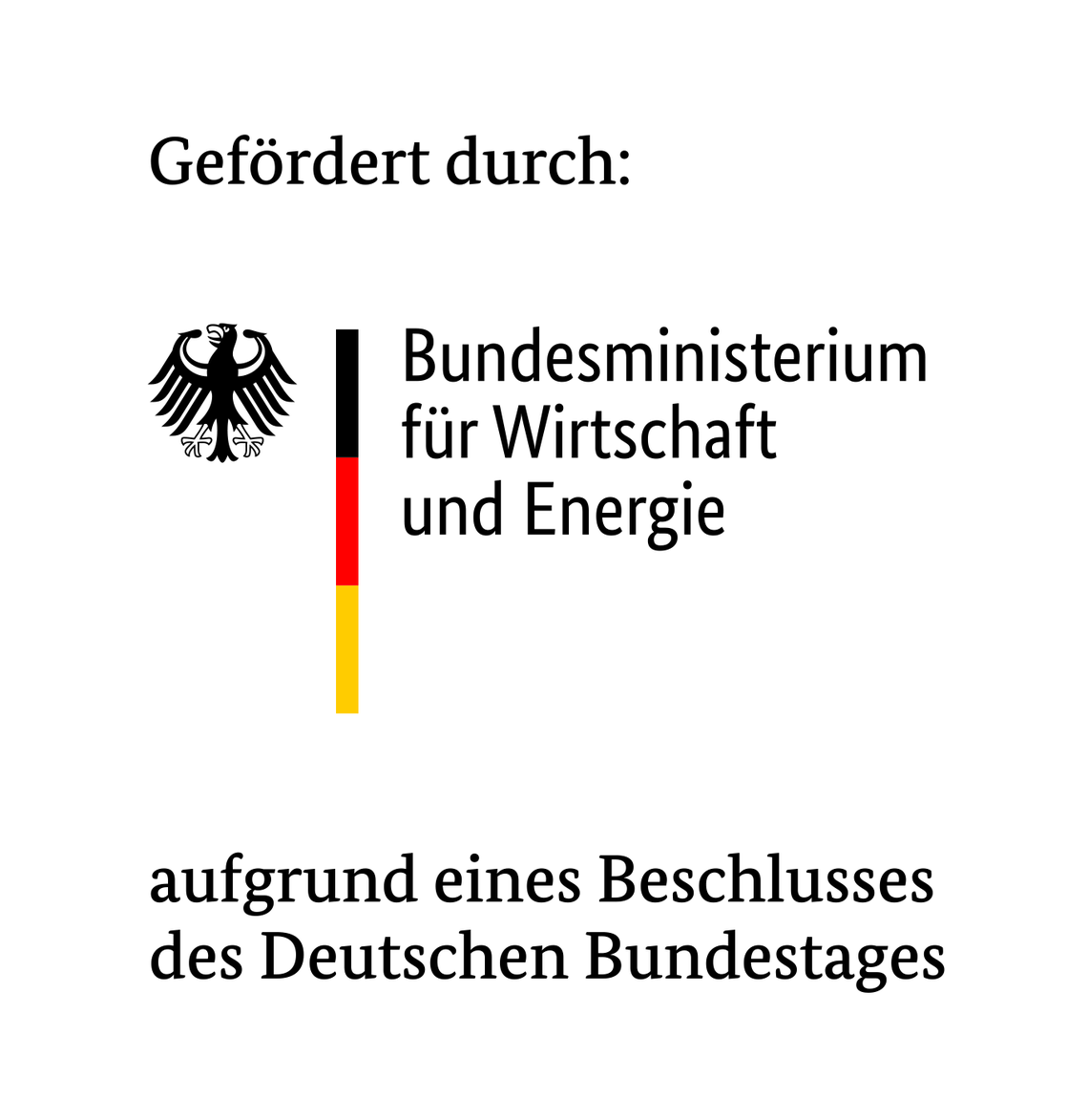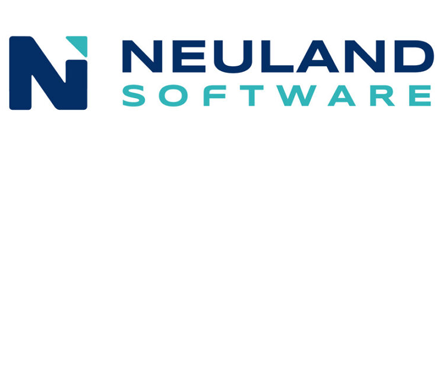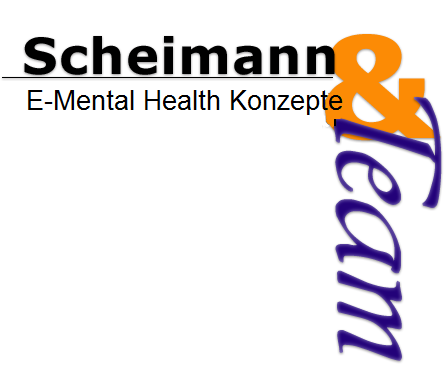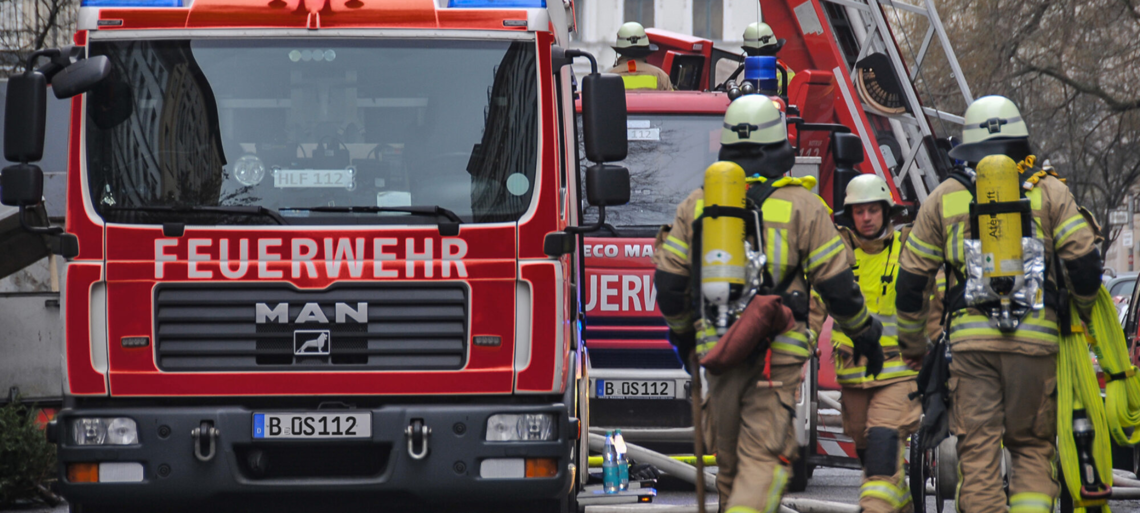The interactive Blended- Learning-Training platform CHARLY BOS, for psychosocial support and primary prevention of stress-related illnesses and post-traumatic stress disorder, enables forces to train in order to successfully overcome mental stress.
INNOVATIVE CONCEPT
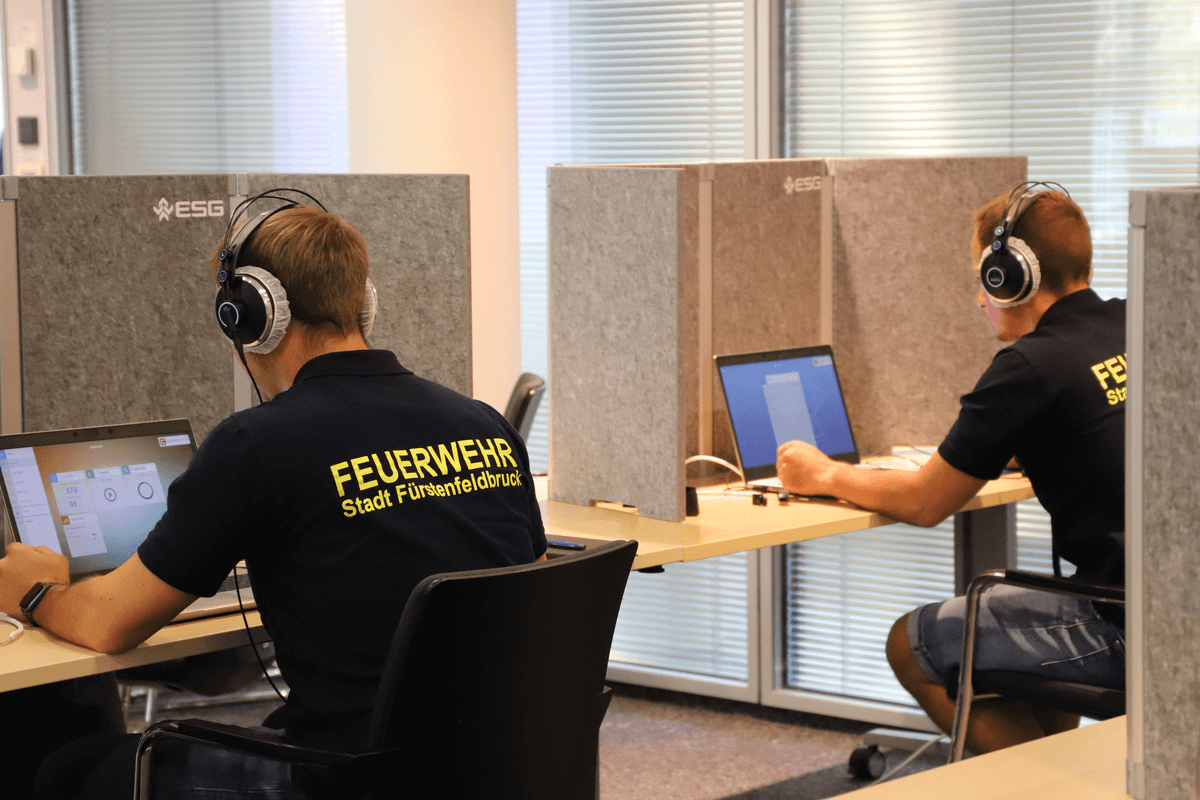
Personnel in the field are repeatedly exposed to severe physical and psychological stress during operations. This can result in long-term psychological impairments that have a negative impact on their health and extend beyond their professional lives into their private lives. Protracted stress-related illnesses can occur as the result of mental stress. Specialists also call this post-traumatic stress disorder.
With the CHARLY blended- learning training platform, field personnel train how to successfully cope with psychological stress.
The CHARLY training has a higher degree of effectiveness than the previously known procedures for mission preparation or primary stress prevention (cf. Wesemann et.al., 2016). This development was also implemented for the civilian emergency services of the authorities and organisations with security tasks [BOS] as part of a funding project in conjunction with the Berlin professional fire brigade. The focus was on modernising the training platform, applications and language use in order to develop realistically simulated stress scenarios for the fire brigade and police.
BUILDING BLOCKS OF THE TRAINING
Communication, knowledge, self-calming and self-efficacy for sustainable mental fitness.
Communication:
The participants practise communication – both to acquire psychosocial support for themselves and to assist someone else through an opportunity to talk in a mental stress situation.
Knowledge:
In this module, everyday stress, the distinction between an acute stress reaction and the symptomatology of post-traumatic stress disorder are addressed. On the other hand, the mental processes after experiencing traumatic stress and possible protective attitudes as well as purposeful personal beliefs as prevention of stress consequences are discussed.
Self-calming:
The methods of self-calming comprise coping skills with which the vegetative consideration can be reduced in an acute stress situation. Participants will practice and try out three easy-to-learn, standardised and pragmatic relaxation techniques.
Self-efficacy:
Stress is induced in the training through a stress game and confrontation with a realistic service situation. After that, relaxation techniques are applied. This involves using physical monitoring to measure heart rate variability throughout the session. In this way they experience self-efficacy – the participants find out that through their self-management they can control vegetative sensitivities in their body. The application of biofeedback is therefore an essential element of the CHARLY concept.
COURSE OF THE TRAINING
The training participants are guided through the system by a virtual coach. They experience their own stress reaction in an experiment. Case studies are used to illustrate the development and symptoms of post-traumatic stress.
They train selected stress management methods and test them in confrontation with realistically illustrated stress scenarios. Their effectiveness is immediately and objectively tested via the biofeedback interface.
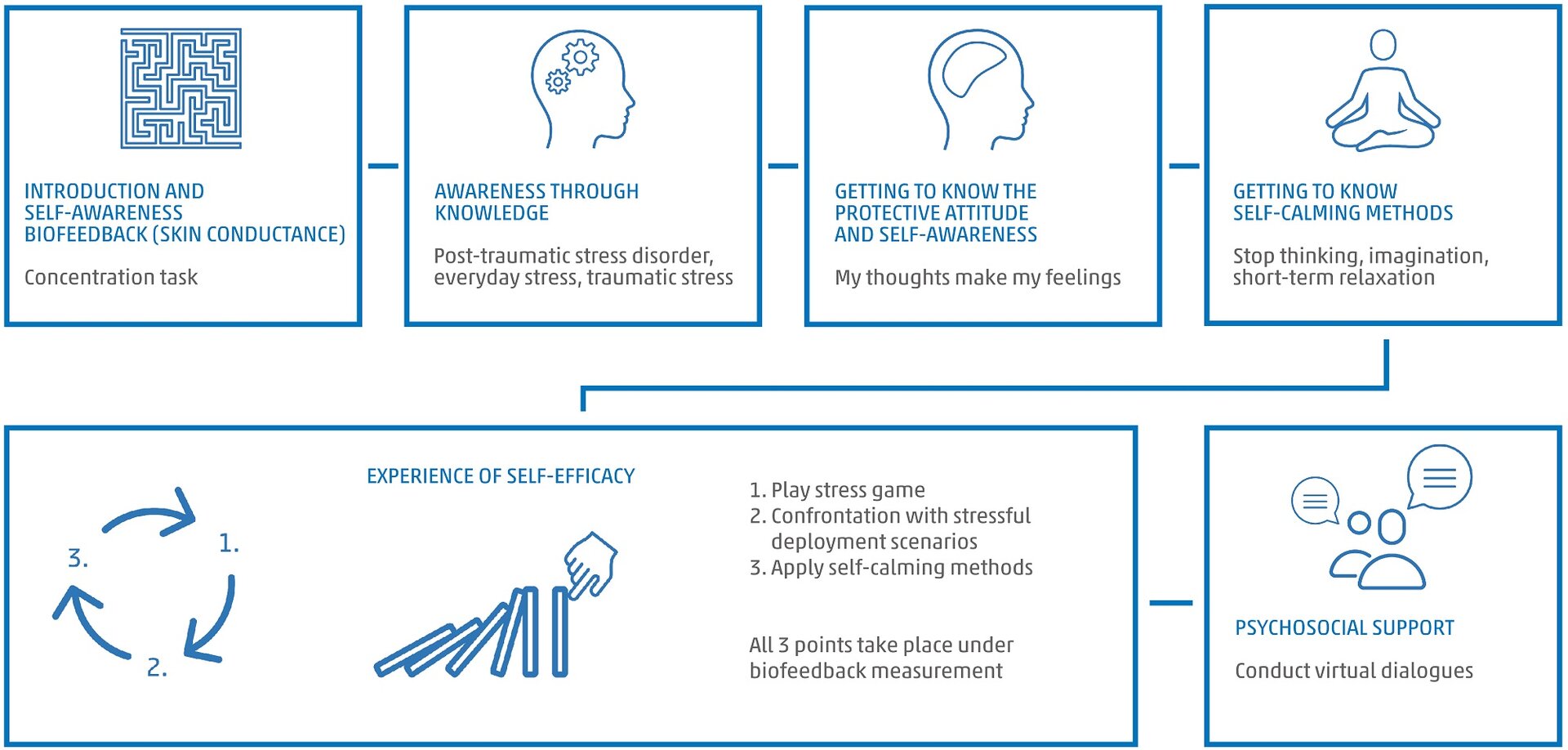

The Charly BOS project was a joint project within the framework of the DIVERS diversification programme of the Federal Ministry for Economic Affairs and Energy [BMWi]. Charly BOS is a cooperative product from ESG Elektroniksystem- und Logistk-GmbH, Neuland Software GmbH and Scheimann & Team; as well as the Berlin Fire Brigade and as an associated partner the Berlin Police.
